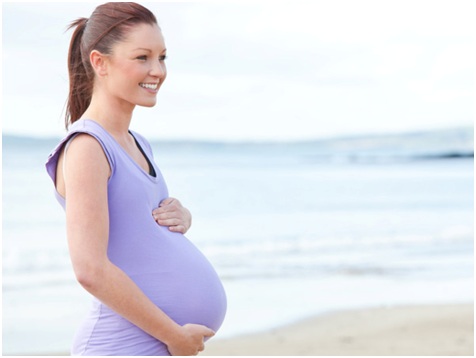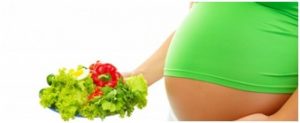Eating for Two: Pregnancy Nutrition Tips
When you are expecting, you are essentially eating for two. It is likely that you have probably been bombarded with this type of saying from the moment you first told those closest to you about your pregnancy. The concept of “eating for two” means always having to take your baby’s health into consideration before anything passes your lips.

Expecting mothers usually experience a larger appetite or strange cravings while carrying a child. Some pregnant women even suffer from a sudden aversion to the taste or smell of certain foods. When you’re pregnant, it can be easy to worry about what you can and cannot eat. Keeping your diet healthy is important for both you and your baby, so it essential that you are receiving the right nutrients.
Iron
One of the most important nutrients pregnant women require is iron. A lack of iron can lead to a multitude of symptoms such as fatigue, headaches and possible anaemia. Foods that contain iron include dried fruit, wholegrain foods, nuts, leafy vegetables such as spinach and meat. Many GP’s and doctors advise that pregnant women take a daily Iron supplement such as blue iron. This will ensure that you receive the required dose of daily iron intake, helping to reduce tiredness and fatigue.

Calcium
To develop your child’s bones and teeth, you need calcium. There are many foods that are rich in calcium such as bread, dried fruit, soya beans, sardines and some dairy products. Others include broccoli, curly kale and watercress etc.
Vitamin D
For healthy bones and teeth in both the mother and child, it is important to take Vitamin D tablets during pregnancy. You should also continue to take these if you breastfeed after giving birth. Lack of vitamin D in children can lead to softened bones which causes rickets. Health Line advises pregnant mothers to eat foods containing vitamin D such as salmon, sardines, meat, powdered milk and some breakfast cereals.

Vitamin C
Vitamin C is essential for protecting our important cells and ensuring that we obtain a healthy and balanced diet. Vitamin C is present in oranges, citrus fruits, blackcurrants, broccoli, tomatoes and bell peppers.
Folic Acid
Folic acid is very important in pregnancy because it contains vitamin B and helps to prevent neural tube defects such as spina bifida. According to the NHS, expecting mothers are advised to consume a 400 microgram folic acid tablet each day whilst pregnant. This dose should remain the same until you are 12 weeks along. Some foods that contain folate include brown rice and green leafy vegetables.



